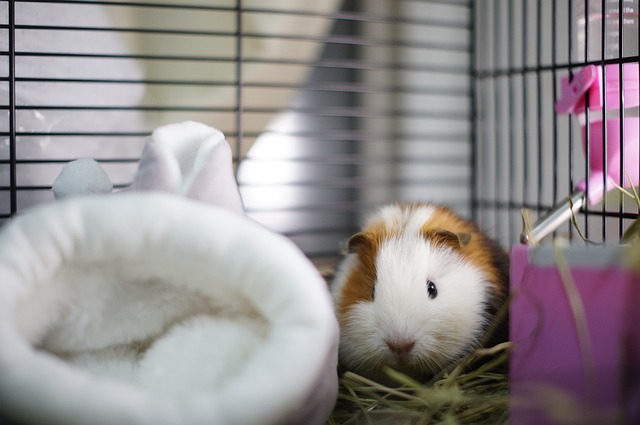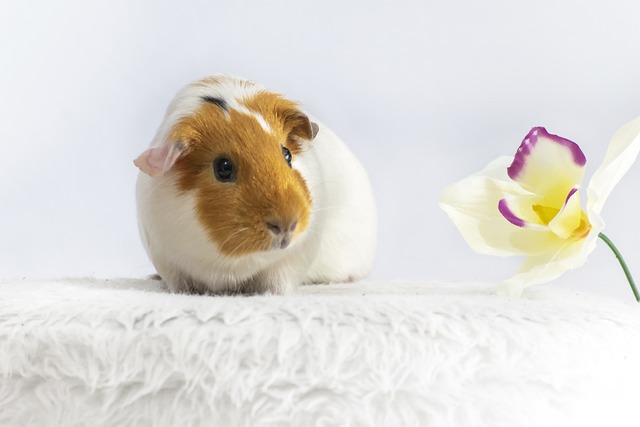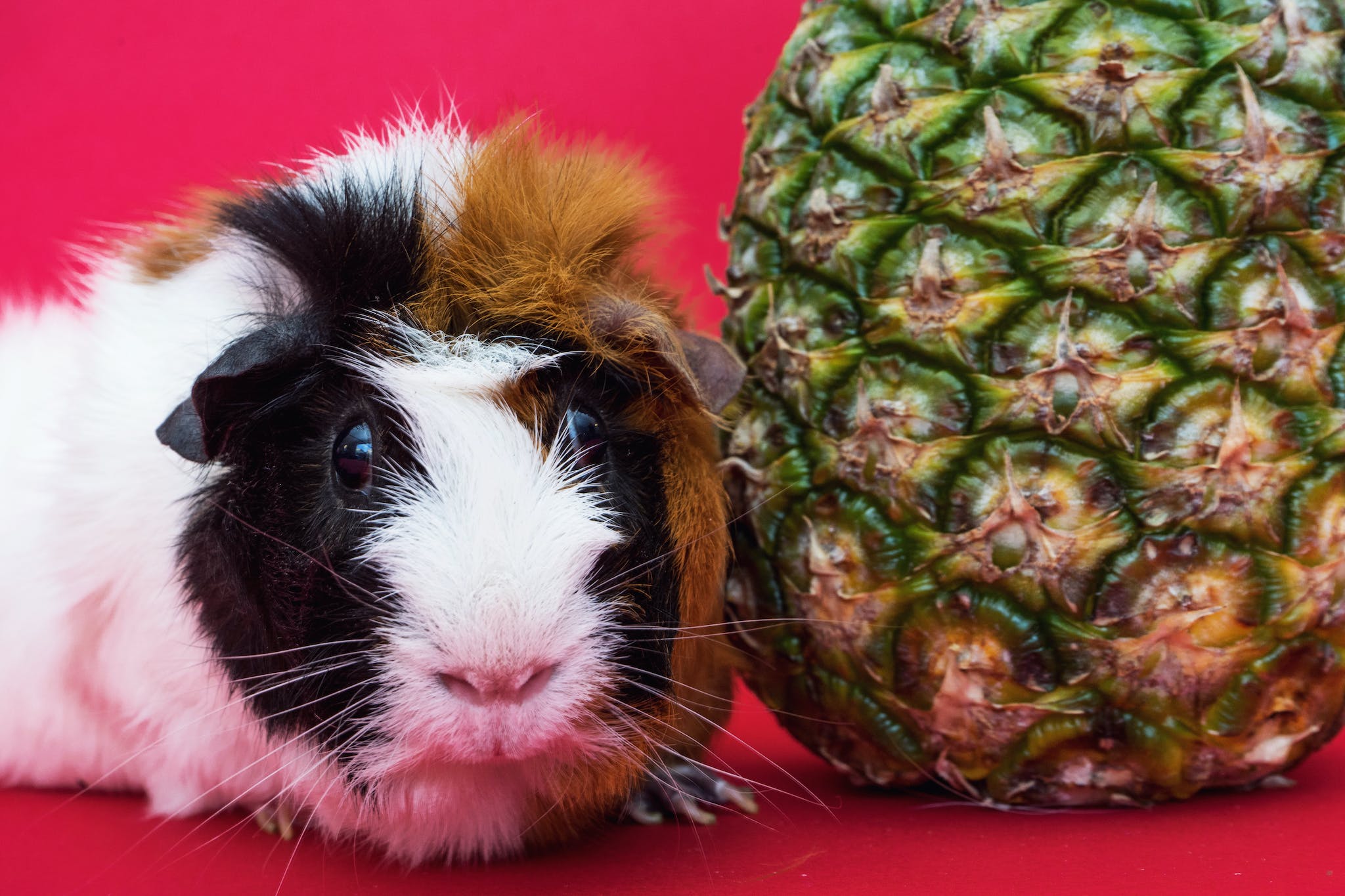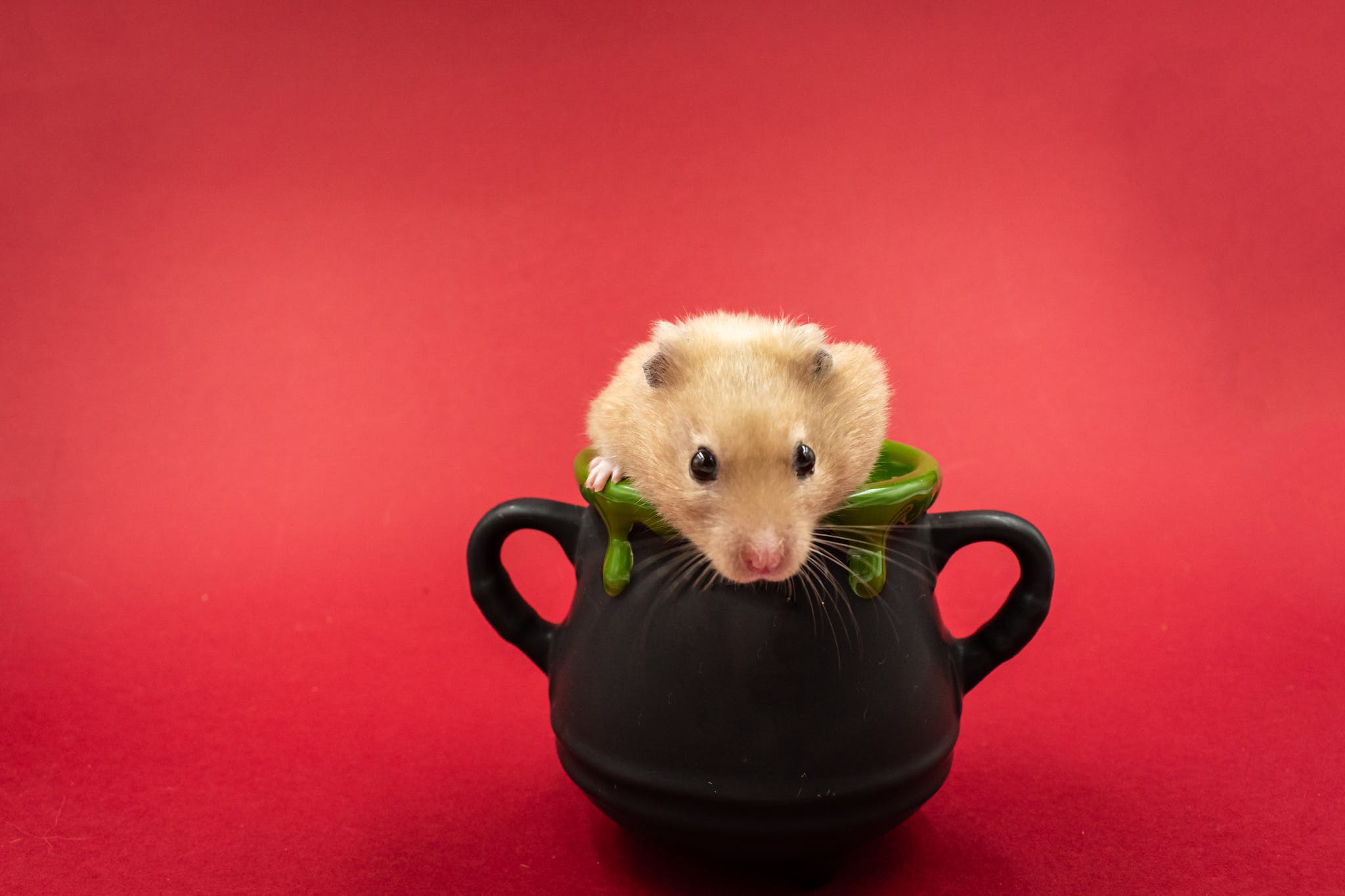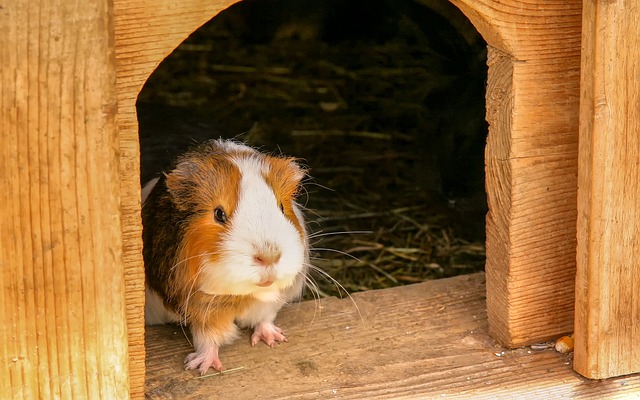Simple Ways To Keep Your Guinea Pig’s Cage Clean
There are some affiliate links below, but they are all products I highly recommend. For more info, view my disclosure here.
If you’re a guinea pig owner, then you know how important it is to keep your pet’s cage clean. A clean cage not only benefits your guinea pig’s health, but also their overall quality of life.
Below, we’ll discuss the importance of a clean cage and how to properly clean one. We’ll also provide some tips on maintaining a clean cage so that you can keep your guinea pig happy and healthy for years to come!
The Importance of a Clean Cage For Guinea Pigs
A clean cage is important for the health and well-being of your guinea pig. A clean cage will provide your guinea pig with a comfortable and safe environment, free from disease and pests. There are many benefits to keeping a clean cage, including:
• Healthier guinea pigs: A clean cage means healthier guinea pigs. Guinea pigs are susceptible to respiratory illnesses, which can be exacerbated by living in a dirty environment. By keeping their cage clean, you can help prevent these illnesses from developing or worsening.
• Fewer pests: A clean cage means fewer pests. Pests such as mites, fleas, and rats can carry diseases that can be harmful to your guinea pig. They can also cause allergies and skin irritations. Keeping their cage clean will help deter pests from setting up shop in your home.
• Better bonding: A clean cage means better bonding. When your guinea pig’s environment is clean, they will be more relaxed and comfortable. This will allow you to bond with them more easily and build a stronger relationship.
The Consequences of a Dirty Guinea Pig Cage
A dirty cage can have serious consequences for the health of your guinea pig. Some of the risks associated with a dirty cage include:
• Respiratory illnesses: Dust, mold, and other allergens can accumulate in a dirty cage, leading to respiratory problems in your guinea pig. These illnesses can be severe and even life-threatening if not treated promptly.
• Skin problems: Pests such as mites and fleas can thrive in a dirty environment, causing skin irritations and allergies in your guinea pig. Additionally, urine and feces can build up on the floors of a dirty cage, leading to skin infections if your guinea pig comes into contact with them.
How to Clean a Cage.
To clean your guinea pig’s cage properly, you’ll need the following supplies:
-A small trash can or bin for disposing of waste
-A large bowl or bucket for holding water and cleaning solution
-A sponge or washcloth
-A stiff brush (optional)
-Cage liner or other bedding
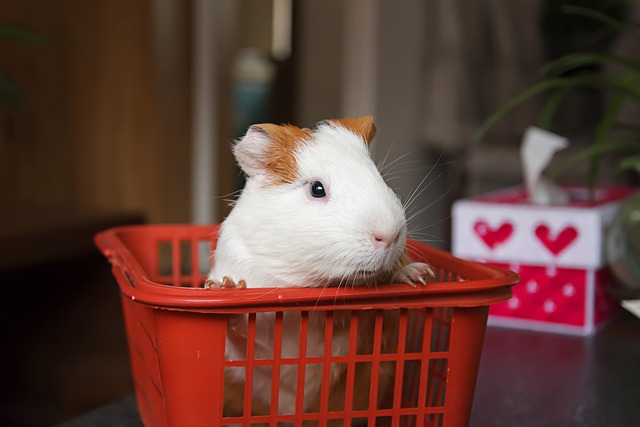
The Steps to Cleaning Your Guinea Pig’s Cage
Step 1: Remove Your Guinea Pig from the Cage
Before you start cleaning, it’s important to remove your guinea pig from the cage. This will help keep them safe and out of the way while you’re working. Place them in a secure area, like a smaller cage you use while cleaning, or a bathtub with a towel for their comfort.
Step 2: Dispose of the Waste
Start by removing all the waste from the cage. This includes any soiled bedding, uneaten food, and droppings. Place these items in your trash can or bin. If possible, try to do a spot clean where you scoop waste and soiled bedding daily to prevent the build-up of waste in the cage. Then you can do a deep clean weekly.
Step 3: Clean the Accessories
Next, clean all the accessories in the cage, such as water bottles, food dishes, and toys. Use hot water and soap to remove any dirt or grime. Rinse them well and let them air dry before putting them back in the cage.
Step 4: Wash the Cage Liner
If you use a liner in your guinea pig’s cage, now is the time to wash it. Remove it from the cage and shake off any loose dirt outside. Then place it in your washing machine on a gentle cycle with warm water. Hang it up to dry completely before putting it back in the cage. I like to have a couple of these cage liners on hand so I can swap them out instead of waiting for one to fully dry.
Step 5: Clean The Rest of The Cage
Now you can focus on cleaning the rest of the cage itself. Start by dusting off any surfaces with a soft cloth or brush. Then move on to scrubbing down all areas with hot water and soap. Pay special attention to any areas that seem extra dirty, like around feeding stations, corners, or where your guinea pig likes to sleep. Once you’re finished scrubbing, rinse everything down with clean water.
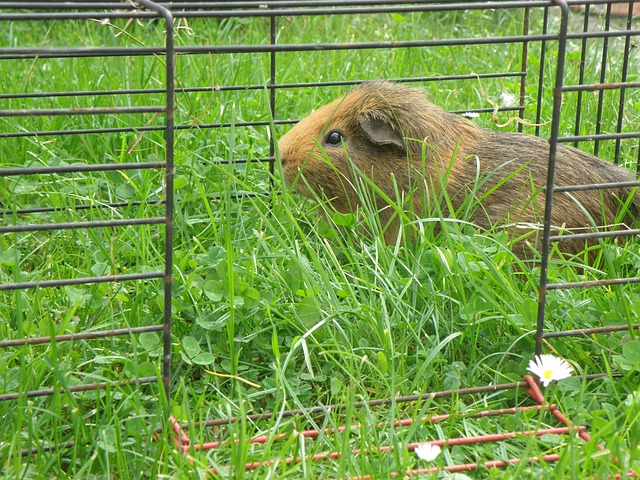
Maintaining a Clean Cage
Assuming you have already completed a thorough cleaning of your guinea pig’s cage, there are several things you can do on a daily basis to help maintain a clean environment for your pet.
First, remove areas of soiled bedding and replace it with fresh bedding. Secondly, empty and clean all water bottles when you refill their water. Dump old food dishes instead of just adding fresh food on top of the old food. It is also important to sweep up any loose hay or pellets that may have accumulated in the cage. Lastly, wipe down the sides of the cage with a damp cloth to remove any dirt or urine stains.
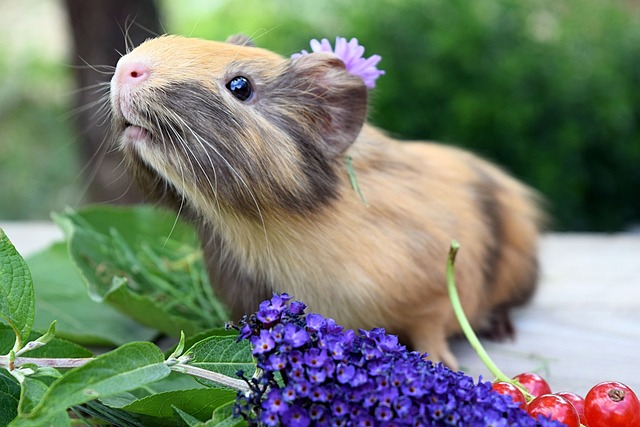
The Importance of Regular Cleanings
It is important to perform a thorough cleaning of your guinea pig’s cage at least once a week. This will help prevent the build-up of ammonia from urine, as well as reducing the risk of disease.
When cleaning the cage, be sure to remove all bedding and wash all food dishes and water bottles in hot soapy water. The entire cage can then be scrubbed with soap or with a solution of one part vinegar to three parts water. Rinse the cage thoroughly with clean water and allow it to air dry before adding fresh bedding and placing your guinea pig back inside.
A clean cage is essential for the health and wellbeing of your guinea pig. A dirty cage can lead to serious health problems for your guinea pig, so it’s important to clean their cage regularly. There are a few things you’ll need in order to clean your guinea pig’s cage properly, and there are a few steps you’ll need to follow. With regular cleanings and the simple tips above, you can keep your guinea pig’s cage clean and healthy.
